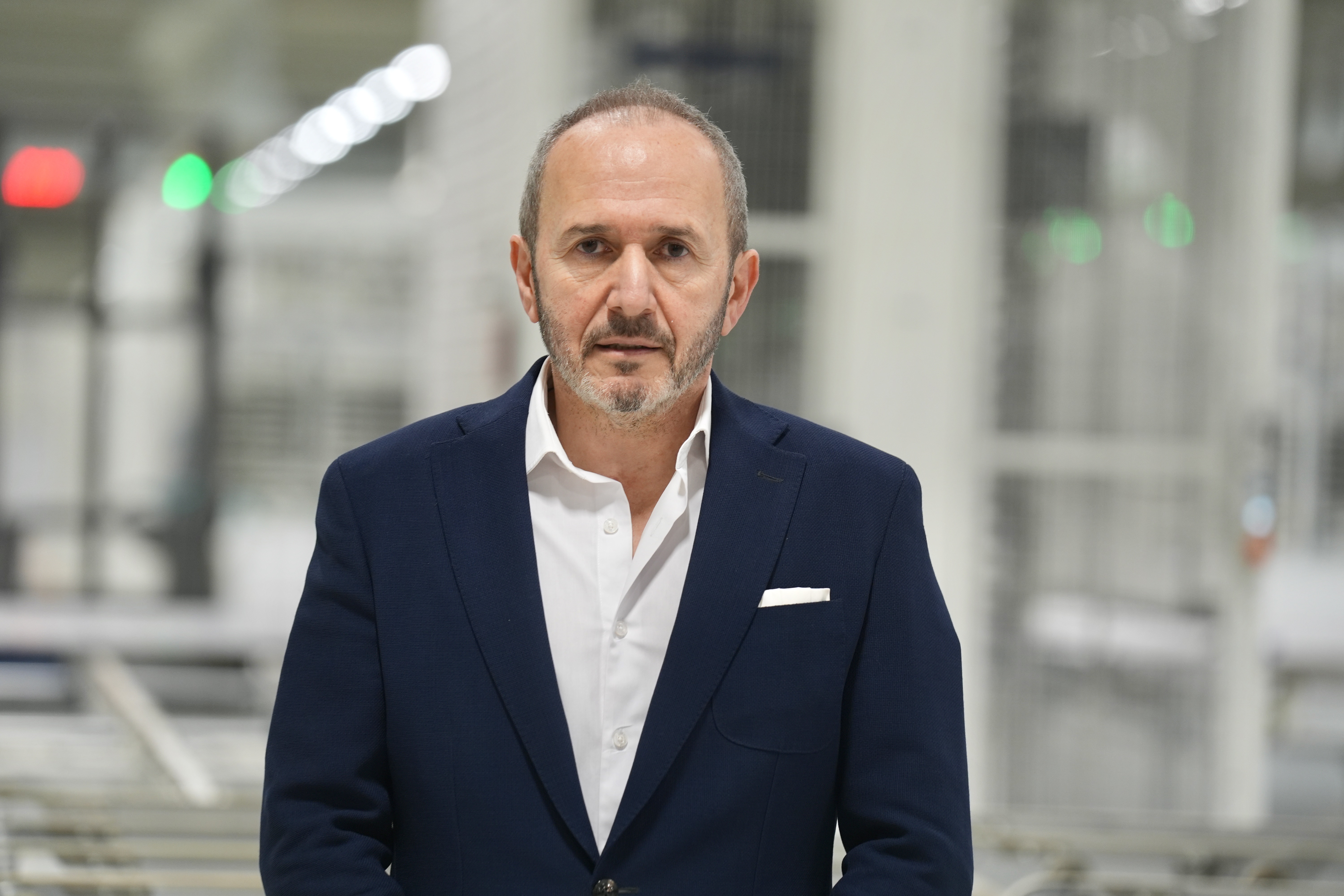Chinese solar technology company JTPV and Turkish company Schmid Pekintas partnered for building a 5-gigawatt solar cell manufacturing facility in the western Black Sea region of Duzce.
The project will receive financial support under the HIT-30 High Technology Incentive Program from Türkiye's Ministry of Industry and Technology as part of efforts to localize renewable energy technologies.
Construction of the plant is scheduled to begin later this year, with operations expected to start in 2026.
Speaking to Anadolu, Schmid Pekintas Chairman Ozhan Olcay emphasized that the government's HIT-30 program is part of a broader strategy to strengthen energy independence through the development of high-tech domestic industries.
"Solar cells are technologically complex to manufacture," Olcay said, adding, "While we have the capacity to produce solar panel components like aluminum frames, glass, and labor locally, high-efficiency solar cells have remained a gap."

Olcay stated that the factory will produce solar cells using TOPCon+ technology, which is considered one of the most advanced in the field for its high efficiency.
"In the end, we want to achieve independent, domestic production. Not only for our own panel needs but also to supply other manufacturers," he noted.
The project will be developed in two phases, with the first phase designed to meet all technical and feasibility requirements of the HIT-30 program. Preparatory work is currently underway, he said.
- US, Türkiye are key initial markets
Olcay said the initial target markets will be Türkiye and the US, particularly focusing on regions where Chinese solar products face import restrictions.
Over time, he said the company plans to expand into African markets, aiming not only to supply solar cells but also to implement full-scale energy systems.
In terms of raw materials, the factory will source purified polysilicon from countries such as the US, Norway, and Germany.
"At our factory in Türkiye, we envision a fully localized production process, starting from the wafer element of solar panels," Olcay concluded.
By Gulsen Cagatay
Anadolu Agency
energy@aa.com.tr


